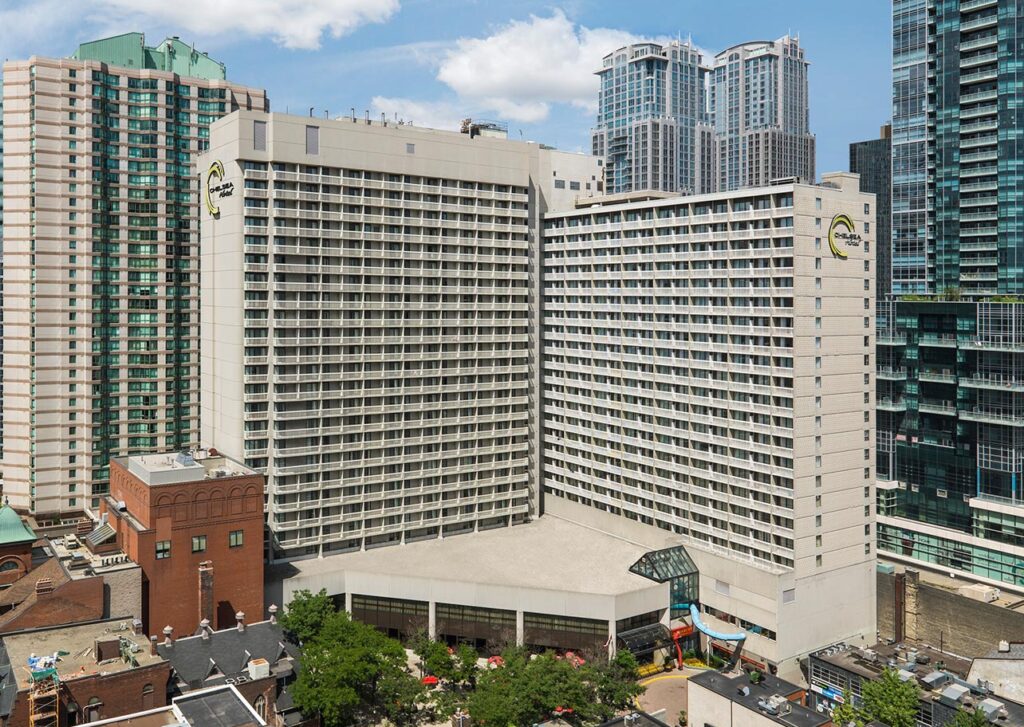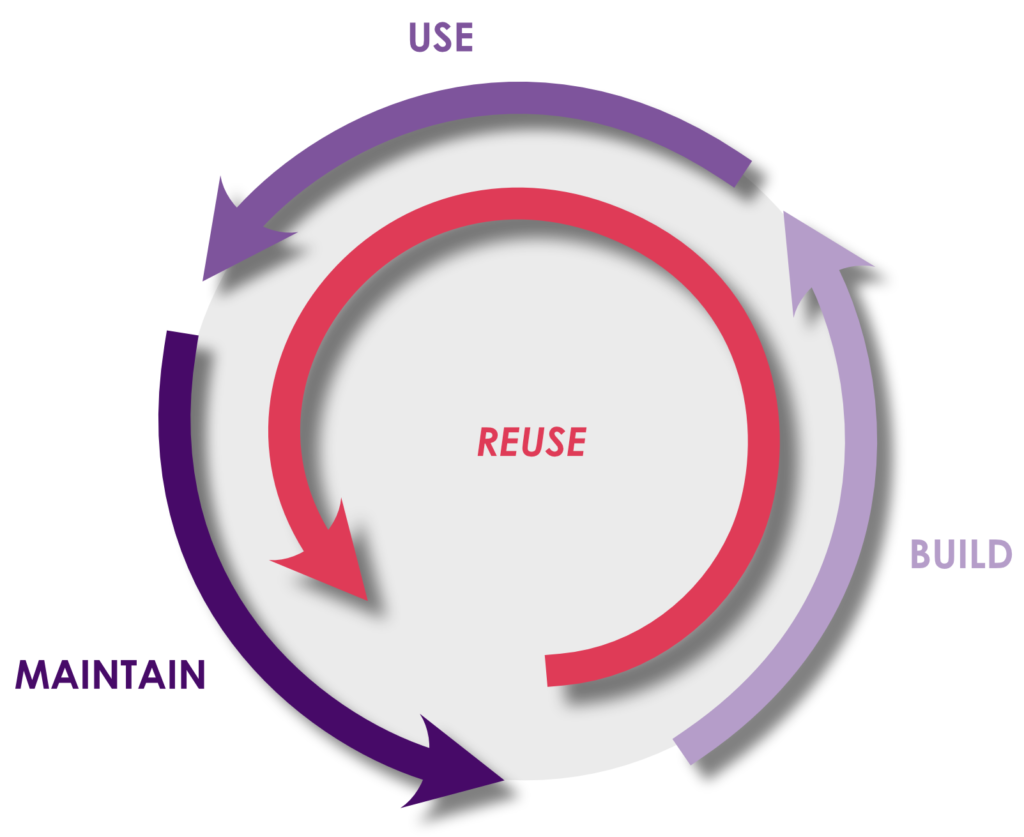The Urban Land Institute (ULI) is a global network of professionals in every sector of real estate development and land use, from private enterprises to public service, who are on a mission to shape the future of the built environment for transformative impact in communities around the world.
As the oldest and largest cross-disciplinary group of real estate and land use experts in the world, we are excited that the ULI is holding its annual Spring Meeting in Toronto.
Largest cross-disciplinary group isn’t downplayed, an attendance of more than 4000 professionals from every corner of the industry is expected this year.
TRACE’s Founding Partner Mark Thompson Brandt will be part of a panel session on Retrofitting Historic Buildings to Achieve Social, Economic, and Environmental Sustainability – a topic that is more relevant than ever, since by 2040 about 75% of the global building stock will be buildings that already exist today. Retrofitting existing buildings is essential in the push towards decarbonization and equity. Historic buildings are positioned especially well to lead the charge on retrofits due to their cultural significance, income-generating potential, and government driven incentives available to owners and developers. Stakeholders from different fields of expertise within historic preservation and development will offer their perspectives on how best to join forces to preserve the past for a sustainable future. Those in attendance can expect the discussion of available tools, challenges, and barriers, as well as case studies and examples.
Heritage at risk - The chelsea hotel
Bringing this conversation to Toronto will hopefully lead to more awareness and better action regarding the rehabilitation of existing buildings in the city. The National Trust for Canada released their Endangered Places List, and included was the Chelsea Hotel, an ongoing situation that is just around the corner from where the ULI Spring Meeting will be held in Toronto next week.
Opened in 1975 with 1,590 guest rooms spread over 26 storeys, the Chelsea Hotel is Canada’s largest hotel, and is set to be completely demolished and replaced by three glass towers roughly 31, 49, and 86 storeys in height. The Chelsea Hotel was evaluated for heritage significance by the City of Toronto and ultimately not recognized, but that doesn’t justify the removal of a 45,000m2 existing building.
The choice to demolish the Chelsea Hotel is more than questionable, since the building is well-maintained, structurally sound, and could easily be adapted and expanded. This issue isn’t limited to Toronto either, the destruction rather than rehabilitation of old buildings is something that Canada struggles with nationally:

“… building reuse is still not the norm in Canada, with resource- and carbon-intensive demolition and construction of new buildings offering the path of least resistance for the construction industry and for buyers.”
John Doe
In fact, Canada leads the world in per capita garbage production at 36.1 tons per person (the US is third place with 25.9 tons), at least 27% of which is estimated to be construction and demolition waste. The hundreds of thousands of cubic metres of concrete in the building would only add to Canada’s waste problem, improperly handling the huge material legacy of the Chelsea Hotel.

The demolition of such a massive Brutalist structure is not a message that can be ignored when discussing the premature disposability of existing buildings and the resulting environmental impacts. Considering the carbon in building materials represents 11% of embodied emissions, reducing this impact can be achieved by extending the life of the buildings we already have and reusing them. With many of the world’s raw building materials projected to have run out by 2030, the push to adapt and reduce resource extraction is even more pressing.
Rapid climate change and biodiversity loss have become one of the biggest challenges of today, the waste of structures and their building materials is not something Canada can continue to afford. Every decision surrounding the future of any existing building, including the Chelsea Hotel, needs to be made carefully and responsibly.
Fortunately, conversations like those happening at the ULI Spring Meeting exist to offer expert perspectives on how we can overcome the challenges facing a sustainable future and move beyond Canada’s demolish-build mindset.
For more information on the exciting event visit ULI Spring Meeting | May 16-18, 2023. We hope to see you there!

